TW Feature by Frits Ahlefeldt and Various Authors
The Media Blues—Old and New
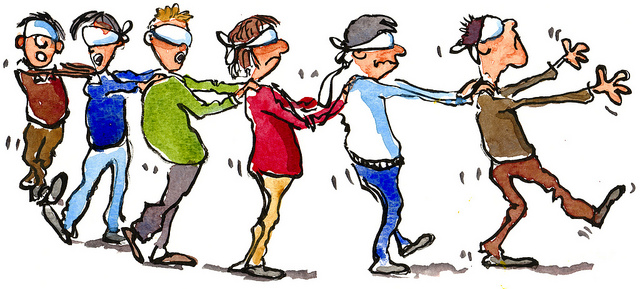
I do everything for money. Dr. Johnson is correct when he says that only a fool writes for anything but money. It would be useful to keep a diary, but I don’t like writing unpaid. I don’t like writing checks without getting paid.
— Christopher Hitchens, 2010
The pattern of a newspaperman’s life is like the plot of Black Beauty. Sometimes he finds a kind master who gives him a dry stall and an occasional bran mash in the form of a Christmas bonus, sometimes he falls into the hands of a mean owner who drives him in spite of spavins and expects him to live on potato peelings.
— A. J. Liebling, 1964
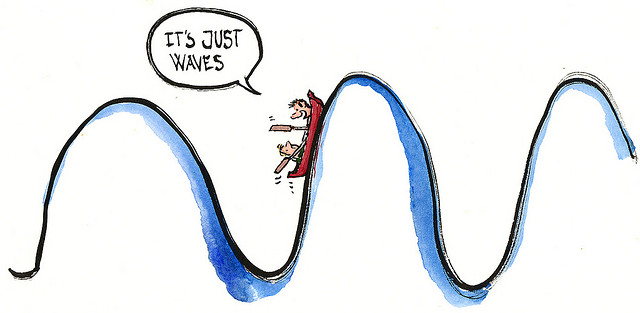
'Do you know when you love an author and their books, and read all of them, and then there’s one that just is SO not like the others? Not as good, doesn’t have heart, just does not FIT, and it’s so disappointing to you as a reader? ...That’s because they got scared. Or wrote for money, or under pressure. Don’t do that. Trust yourself. Borrow money from your parents if you have to. Don’t publish a book that’s not up to your standards. Just don’t.
— Sarah Dessen, quoting advice from a friend, 2013
How Much Money Do You Really Make?
Enough to go riding whenever I want, but not enough to own all the horses.
— Tara K. Harper, 2004
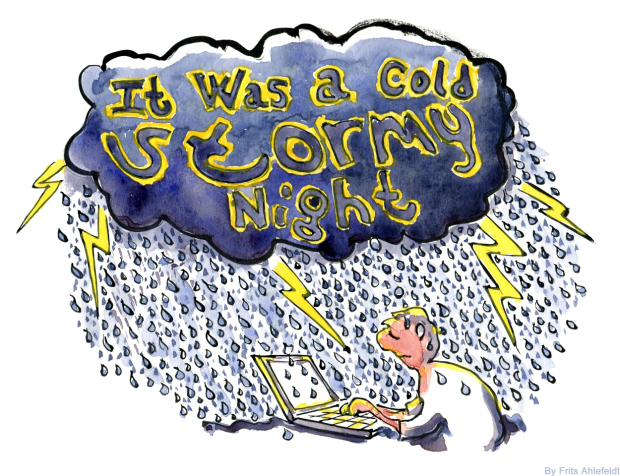
The blogosphere is no alternative, crammed as it is with the ravings and manipulations of every nut with a keyboard. Good journalism is structured, and structure means responsibility… I would trust citizen journalism as much as I would trust citizen surgery.
— Morley Safer, 2009
The Western news media are in crisis and are turning their back on the world. We hardly ever notice. Where correspondents were once assigned to a place for years or months, reporters now handle 20 countries each. Bureaus are in hub cities, far from many of the countries they cover. And journalists are often lodged in expensive bungalows or five-star hotels. As the news has receded, so have our minds.
— Anjan Sundaram, 2014
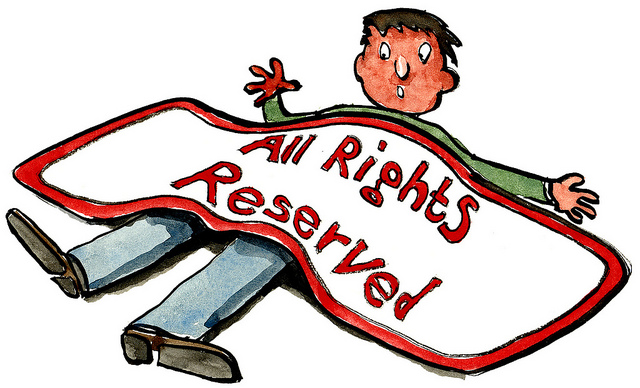
My own royalty income has fallen dramatically over the last decade.... You've always been able to comfortably house the British literary writers who can earn all their living from books in a single room—that room used to be a reception one, now it's a back bedroom.
— Will Self, 2014
Being a writer can't be treated like it's a job.... I know very few writers who earn above the Minimum Income Standard, and that means that they need second jobs. Awards and critical acclaim used to be enough, in the heady days of 1970s publishing. It's simply not, now.
— James Smythe, 2014
There's been an absolutely radical decline in my income over recent years. I do live by writing, but that's because I have got a backlist of educational books which keeps on selling, and I have a pension, and I have to go on the road.
— Mal Peet, 2014
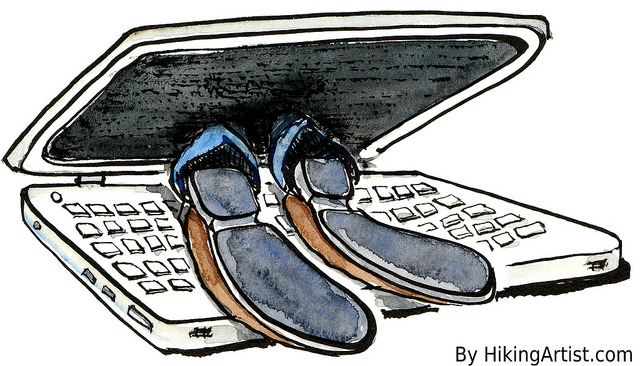
[T]here has never been an experimental moment like this. I’m in awe. Despite everything, despite every malign purpose to which the Internet is being put, I consider it a wonder of our age. Yes, perhaps it is the age from hell for traditional reporters (and editors) working double-time, online and off, for newspapers that are crumbling, but for readers, can there be any doubt that now, not the 1840s or the 1930s or the 1960s, is the golden age of journalism?
— Tom Englehardt, 2014
I think the act of reading, taking these little codes and turning them into images and ideas that trigger stuff in your memory, these little things called words, if we lose that, who knows what happens to us. If you can’t read very well, you can’t read the Constitution. Never mind reading James Joyce.
— Pete Hamill, 2009
The simple fact is this: Getting paid for your writing is not easy. But self-publishing is making it easier. How much easier? We don’t have sufficient data to know. But a conservative estimate would be that five to ten times as many people are paying bills with their craft today [compared with] just a few years ago. And that should be celebrated.
— Hugh Howey, 2014
Editor's Note: Many thanks to TW contributing writer Jeremiah Horrigan and editorial assistant Emma Webster for their intrepid research. They tracked down the author quotes that appear in this feature.
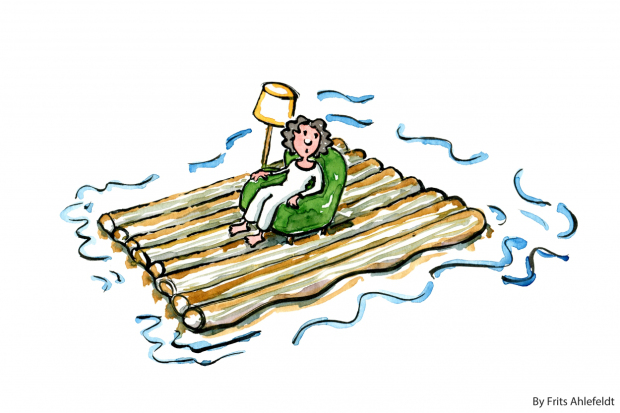
Publishing Information
- Christopher Hitchens quoted in "The Contrarian," interview by Deborah Solomon, New York Times, June 2, 2010.
- A. J. Liebling, The Press (Ballantine, 1964).
- YA writer Sarah Dessen in her blog, quotng a friend about writing and money in "Abandoning. And Listening," December 20, 2013.
- Science-fiction author Tara K. Harper answers questions “On Being an Author” (2004) on her website.
- CBS correspondent Morley Safer, quote from his speech after being awarded the 2009 Fred Friendly First Amendment Award from Quinnipiac University.
- Anjan Sundaram, "We’re Missing the Story: The Media’s Retreat from Foreign Reporting," New York Times, July 25, 2014.
- Literary novelist Will Self, science-fiction writer James Smythe, and children's author Mal Peet quoted in “Authors’ Incomes Collapse to ‘Abject’ Levels” by Alison Flood, Guardian, July 8, 2014.
- Tom Englehardt, "The Golden Age of Journalism?," TomDispatch, January 21, 2014.
- Columnist and reporter Pete Hamill quoted in "Pete Hamill Talks About Newspapers, Fiction, and Life with Keyboard and Pen," interview by Mark Bialczak in Syracuse Post-Standard, December 6, 2009.
- Science-fiction indie author Hugh Howey quoted in “How Much Do Writers Earn? Less Than You Think” by Dennis Abrams, Publishing Perspectives, January 20, 2014.
Art Information
- "Blind Leading the Blind" © Frits Ahlefeld; used by permission.
- "Big Waves" © Frits Ahlefeldt; used by permission.
- "The Creative Cloud" © Frits Ahlefeldt; used by permission.
- "For the Free Internet Debate" © Frits Ahlefeldt; used by permission.
- "I-Gone" © Frits Ahlefeldt; used by permission.
- "Floating on the Same River Twice" © Frits Ahlefeldt; used by permission.
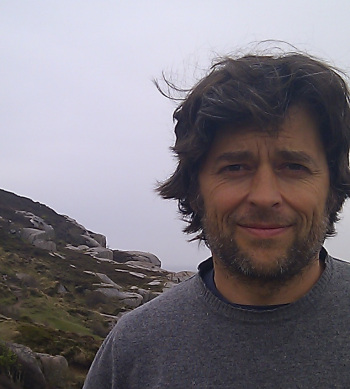 Frits Ahlefeldt describes himself as an artist, an "eco-freak," and a hiker based in Copenhagen, Denmark. His art projects focus on the environment, sustainable living, ecology, and technology. He has studied at the Royal Danish Academy of Fine Art and Danish IT University.
Frits Ahlefeldt describes himself as an artist, an "eco-freak," and a hiker based in Copenhagen, Denmark. His art projects focus on the environment, sustainable living, ecology, and technology. He has studied at the Royal Danish Academy of Fine Art and Danish IT University.
Frits is a freelance consultant for a number of media sites, organizations, and companies, including the UN and EU. Of his visual storytelling style, he says:
I do most of my work with thousand-year-old drawing techniques and timeless tools like brushes, ink, paper, and watercolor. I also have a few gadgets, including my Linux-Ubuntu-powered tablet PC and solar-powered Brunton charger.
To see more of Frits Ahlefeldt's work, visit his website HikingArtist.
